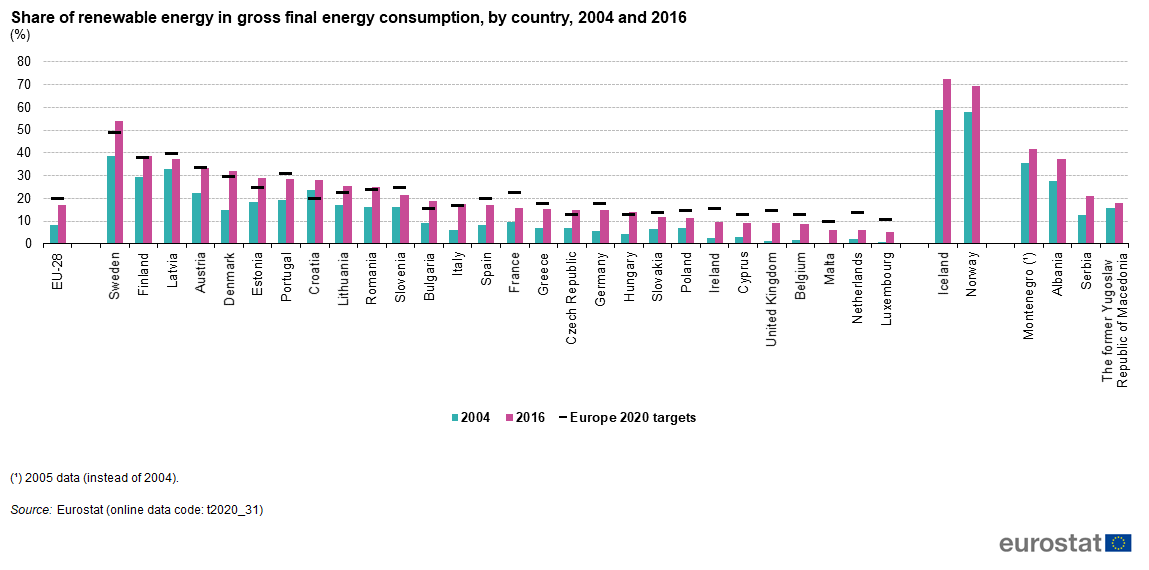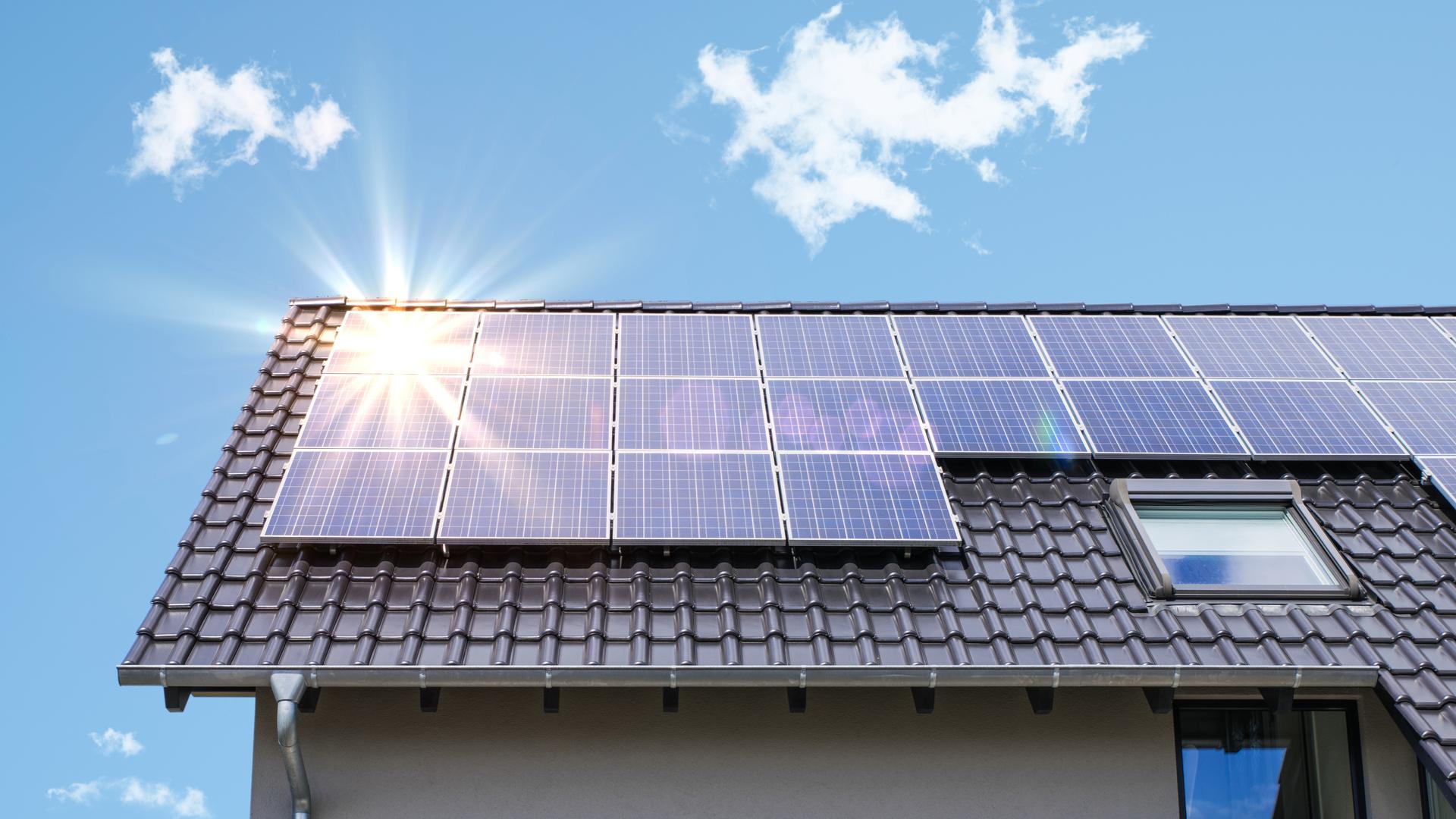
A sustainable energy definition refers to a method of providing and using energy that meets current needs while minimizing the impact on the environment. It includes economic, socio- and environmental factors. Basically, sustainable energy is energy that can meet our needs without compromising the ability of future generations to meet their own needs. It must also be safe for the environment and affordable for all. This definition is very broad and there are many variations.
Sustainable energy refers to energy supply and use that minimizes environmental harm
Sustainable energy is a form of energy that is produced and used to meet current demands without harming the environment. This type of energy is free and renewable, and is derived from sources that do not harm the environment. Most renewable sources of energy are considered to be sustainable, and all of them are abundant and available in abundance.
The sustainable energy sources are solar, wind and water. They are renewable and can be replenished within a lifetime. Sustainable energy sources include advanced polymer composites, geothermal power and advanced polymer energy.

It takes into account environmental aspects.
Energy sustainability involves considering the environmental impacts that can impact the production and usage of energy. Reduced material inputs can help improve energy efficiency, and lower life-cycle carbon emission. Another important consideration is resource efficiency. The global consumption of primary material will nearly double by 2050, according to estimates. Renewable energy sources may be used to reduce demand while still preserving the environment.
Energy sustainability also involves considerations of social and economic aspects. In general, renewable energy sources are better for the environment than fossil fuels. But there are instances when renewable energy projects have very serious environmental consequences. A community may be able to adopt a particular technology, which can have an impact on its costs and benefits.
It encompasses both social and economic aspects.
Energy sustainability encompasses economic, social, and environmental aspects. All of these aspects are interconnected to help us achieve a more sustainable energy future. A sustainable supply of energy is vital for society's survival.
Social and economic aspects of energy sustainability interact to promote efficiency and reduce pollution. They work together to promote renewable energy, green technology, and other ways of reducing energy use. They promote environmental justice and global stewardship for natural resources.

It is economically accessible
The energy sustainability of buildings can be enhanced through a range of technologies. These technologies include passive and renewable energy sources. Many factors will impact the success of these measures, including culture, lifestyle and behavior. District energy systems can be used to improve energy sustainability and energy efficiency in buildings. These systems generate power from both renewable and traditional resources. They can also be deployed over a large area.
Human life is dependent on energy. Energy is essential for many purposes, including transport, lighting, heating, cooling, and industrial processes. They cover all phases of the energy cycle, including obtaining, converting, transporting, and storing it. These services provide a decent standard for living and support society development.